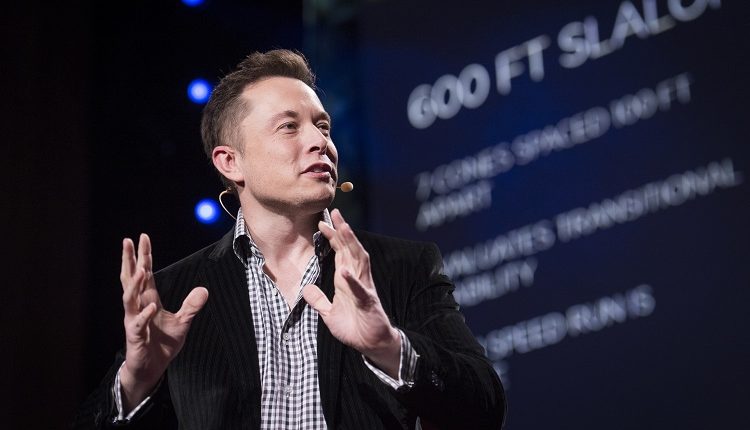Elon Musk has decided to withdraw his lawsuit against OpenAI, the ChatGPT-owner AI research firm he co-founded in 2015. The lawsuit, filed in February 2024, had accused OpenAI’s top executives, including CEO Sam Altman and President Greg Brockman, of breaching the company’s foundational mission to develop AGI (artificial general intelligence) for the benefit of humanity.
Musk’s 35-page lawsuit painted a picture of a company that had strayed from its original non-profit roots to prioritize profits, largely influenced by a substantial investment from Microsoft. According to Musk, OpenAI had transformed into a “closed-source de facto subsidiary” of Microsoft, which invested $13 billion in the company and now holds a 49 percent stake. This investment, Musk argued, shifted OpenAI’s focus away from its mission to develop AGI for the benefit of all humanity to one that prioritized corporate profits.
In its defense, OpenAI requested the court to dismiss the lawsuit, arguing that Musk’s claims were based on informal agreements rather than a binding contract. OpenAI asserted that Musk’s true motive was to gain access to proprietary records and technology under the guise of legal proceedings. The company further claimed that there was no formal agreement breached, as Musk had alleged.
Legal experts have noted the weak foundation of Musk’s lawsuit, as it relied on the notion of a “Founding Agreement” which was not formally documented. This perspective was supported by Kevin O’Brien, a partner at Ford O’Brien Landy LLP, who stated that while the lawsuit highlighted Musk’s significant role in OpenAI’s inception, it lacked the legal solidity to stand up in court. The lawsuit was dismissed without prejudice, meaning Musk retains the right to refile in the future. This dismissal came just before a scheduled hearing in San Francisco Superior Court where a judge was set to consider OpenAI’s motion to dismiss the case. Musk’s legal team did not provide specific reasons for withdrawing the lawsuit, leaving room for speculation about his next steps.
Musk’s decision to drop the lawsuit coincided with a public outburst by the billionaire against OpenAI’s new partnership with Apple. This partnership involves integrating OpenAI’s ChatGPT into Apple’s operating systems, a move Musk criticized as a security risk. He even threatened to ban Apple devices from his companies if they integrated OpenAI’s technology at the operating system level.
For those who are unaware, Musk, along with other prominent tech figures, founded OpenAI in 2015 with the ambitious goal of developing AGI. However, Musk left the company in 2018 after disagreements over its direction and governance. In his lawsuit, Musk claimed that OpenAI’s shift towards a for-profit model, influenced by major investments from Microsoft, deviated from its original mission. Since his departure from OpenAI, Musk has ventured into the AI space with his own startup, xAI. Launched in 2023, xAI aims to “understand the true nature of the universe” and has developed Grok, a ChatGPT competitor integrated into Musk’s social media platform, X. The startup recently raised $6 billion in a funding round that included major investors such as Andreessen Horowitz and Sequoia Capital.
The Tech Portal is published by Blue Box Media Private Limited. Our investors have no influence over our reporting. Read our full Ownership and Funding Disclosure →





